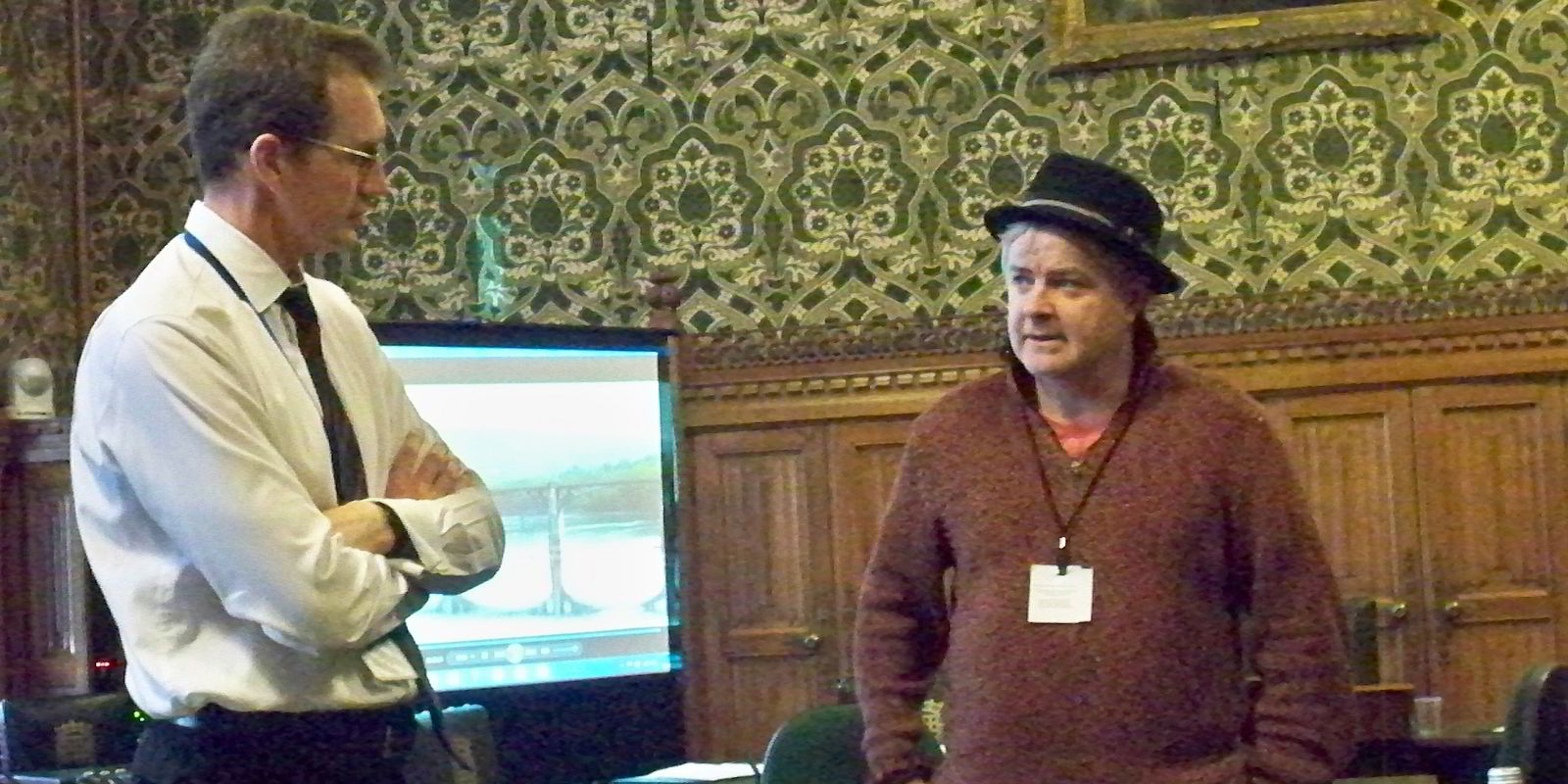Speaking to an audience of about 30 MPs and journalists after a screening of his documentary FrackNation in London’s House of Commons, Phelim McAleer said that environmentalists were slow to abandon scare tactics about the drilling technique and journalists were slow to challenge them.
“There’s lots of allegations, there’s lots of anecdotes, but there’s no science behind it. Ask environmentalists for an independent scientific report that shows water was contaminated by fracking – there are none,” McAleeer said.
Being

